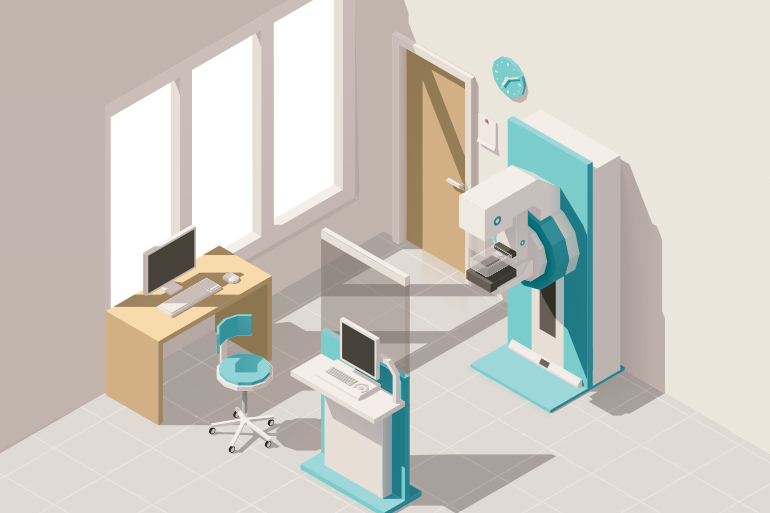Asian American women often face delays after worrisome mammograms
Three years ago, Thu Hong Tran’s mammogram showed dense and discolored areas that worried her doctor, who suggested doing a second test.
“My family said, ‘to be safe, let’s go to the hospital and get it checked one more time,”’ said Tran, 72, speaking in Vietnamese.
A biopsy revealed that Tran had breast cancer. Doctors detected it early, and it was still a small tumor, Tran recounted.
Throughout her treatment, Tran said, her children helped translate medical forms and made sure she ate well. And they helped her keep on top of all her medical appointments, taking time off work to drive her to chemotherapy.
For Tran, who is now in remission, family played a vital role in ensuring she received timely care. But a new study by researchers at the University of California-San Francisco shows that many Asian women in the U.S. don’t have the same level of support.
Delays
The UCSF researchers analyzed 10 years of data on women living in Northern California and found that a higher percentage of Asians experienced delays in follow-up treatment after an abnormal mammogram than white women.
Over 40 percent of Asian American women had follow-up appointments a month or more after an abnormal test, compared to about a quarter of white women, according to the study. And that disparity with whites persisted at 60 and 90 days for most Asian women.
On the extreme end of the spectrum, 15 percent of Asian women had delays of a year or more in getting follow-up care, compared with 10 percent of white women, the study showed. Among Filipina women, nearly 1 in 5 experienced delays of one year or more.
“If there is a suspicious finding, an abnormal mammogram, it’s very important to get immediate follow-up,” said Kim Hanh Nguyen, a researcher at UCSF’s Institute for Health Policy Studies and the study’s lead author. There is no medically specified time frame for receiving follow-up care, but research shows delays can be deadly, she said. “Anything beyond three months, you have a lower survival rate, and not following up for a year — that’s cause for concern.”
Clinical standards
California’s Every Woman Counts program, which provides breast and cervical cancer screening for uninsured and underinsured women, requires that at least three-fourths of its patients get a definitive diagnosis from a doctor in its network within 60 days of an abnormal mammogram.
That requirement is based on clinical standards established by the National Breast and Cervical Cancer Early Detection Program of the federal Centers for Disease Control and Prevention.
Every Woman Counts, run by the California Department of Health Care Services, spent $21 million on breast cancer screening and other diagnostic services for nearly 156,000 women in fiscal year 2014-2015, the most recent period for which complete data are available.
Several factors explain the delayed post-mammogram care for many Asian women, including language barriers, health care access and financial resources, Nguyen said. The UCSF study did not address the women’s health insurance status.
Disparities
The analysis revealed disparities among different Asian national groups. Vietnamese and Filipina women had the longest average delays before following up — 32 days and 28 days, respectively — while Japanese women had the shortest, at 19 days. For white women, the average follow-up time was 15 days.
The findings are consistent with previous studies showing similar delays for Latino and African American women, compared to their white counterparts.
Nguyen also cited cultural and social factors, noting that some studies show “Asians report a lack of trust with their health care provider, low satisfaction in their health care, and perceived discrimination or disrespect by providers.”
Because of that, it’s important for doctors to think about communication with their patients, including translation, Nguyen said.
At Zuckerberg San Francisco General, the city’s public hospital, a breast cancer clinic offers support services to boost the follow-up rate among women with abnormal mammograms.
Most of the clinic’s patients are covered by Medi-Cal and a third are Chinese, said Barbara Cicerelli, director of cancer navigation services.
The clinic’s services help ensure that the women who go there do not face delays, Cicerelli said.
The UCSF study included nearly 50,000 white and Asian-American women whose medical histories were in the San Francisco Mammography Registry, which contains records from participating radiology centers in the area.


